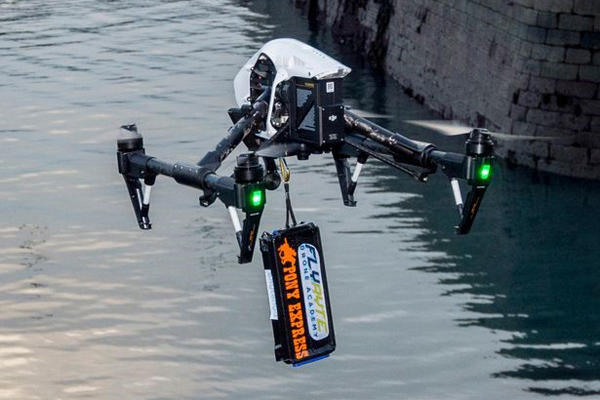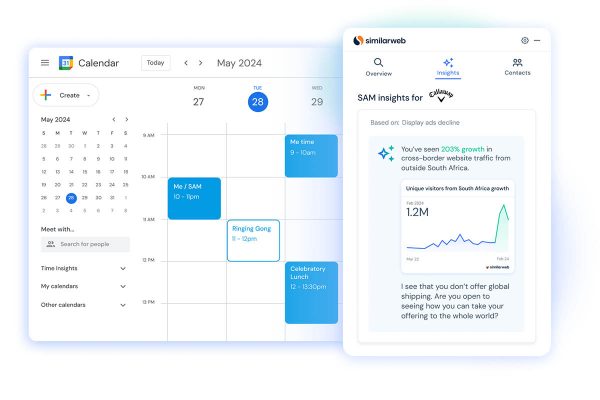The British government has announced new drone regulations with the stated aim of improving aviation safety. But could they also make it harder for ecommerce delivery made by unstaffed, remote-controlled flying machines to deliver goods?
New regulations will make it illegal to fly a drone weighing more than 250g without registering it first with the Civil Aviation Authority. The device and pilots will also need to pass online safety tests. Failure to comply will attract a maximum £1,000 fine.
A 400ft maximum height for drone flight is currently only applicable to drones weighing more than 7kg. That rule will now also cover devices weighing between 250g and 7kg too. Additionally, a 1km exclusion zone will be applied EASA certified aerodromes and all airport boundaries.
Whilst we want this industry to innovate and grow, we need to protect planes, helicopters and their passengers from the increasing numbers of drones in our skies. These new laws will help ensure drones are used safely and responsibly.
– Baroness Sugg, UK Aviation minister
There is good reason to be sceptical about the viability of drones making UK ecommerce deliveries in the near future. Amazon in particular, and other delivery firms exploring the options, will be keeping a close eye on the new drone regulations. It’s worth noting that these new rules are not a full Bill. The new regulations went before the Westminster parliament on Wednesday as amendments to the Air Navigation Order and will come into force at the end of July this year.
But it is expected that a fully fledged Drones Bill, which a greater scope, will be launched to further regulate drones in the next few years. The contents of that are obviously unknown right now (it is nowhere close to even being drafted) but it could create more significant barriers.
And yet it’s not just regulatory problems which might stymie the take off of ecommerce delivery by drones. There remain a number of practical problems. The drone technology is ready to go and payloads can be carried over decent distances to customers. But the exact mechanism of delivery remain unclear (will parcels be dropped in gardens?) and that in itself still raises a number of questions.










